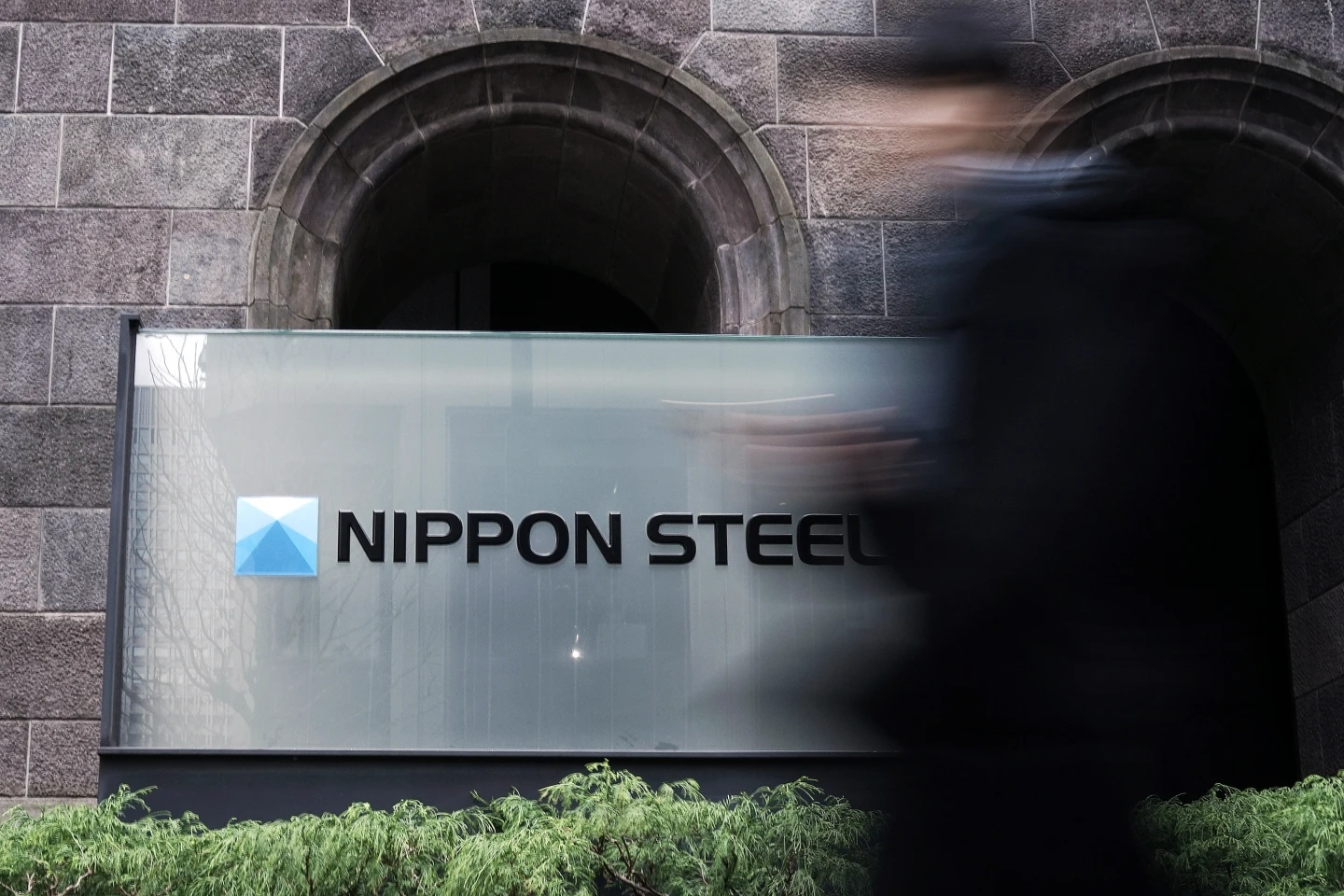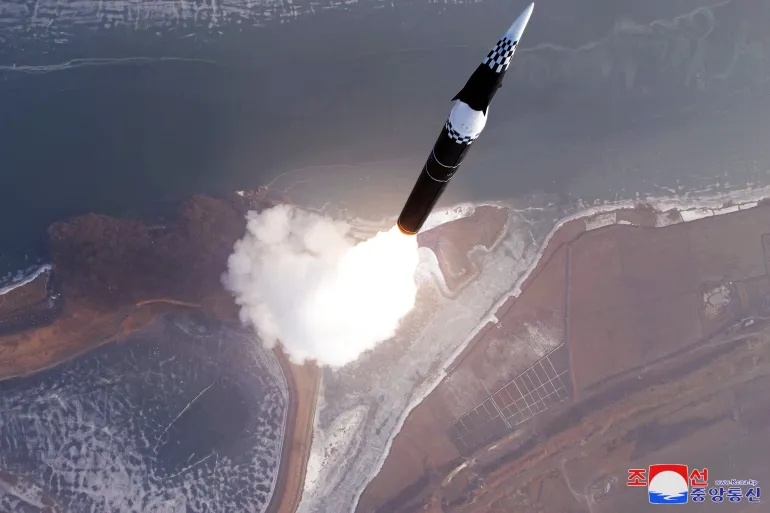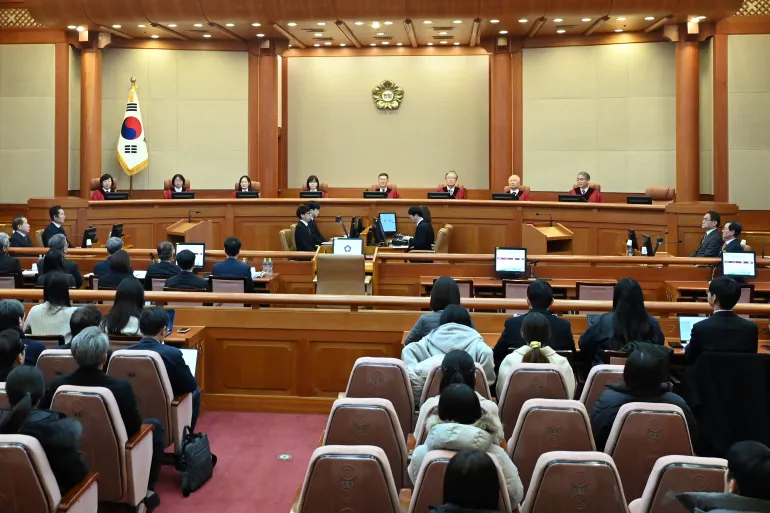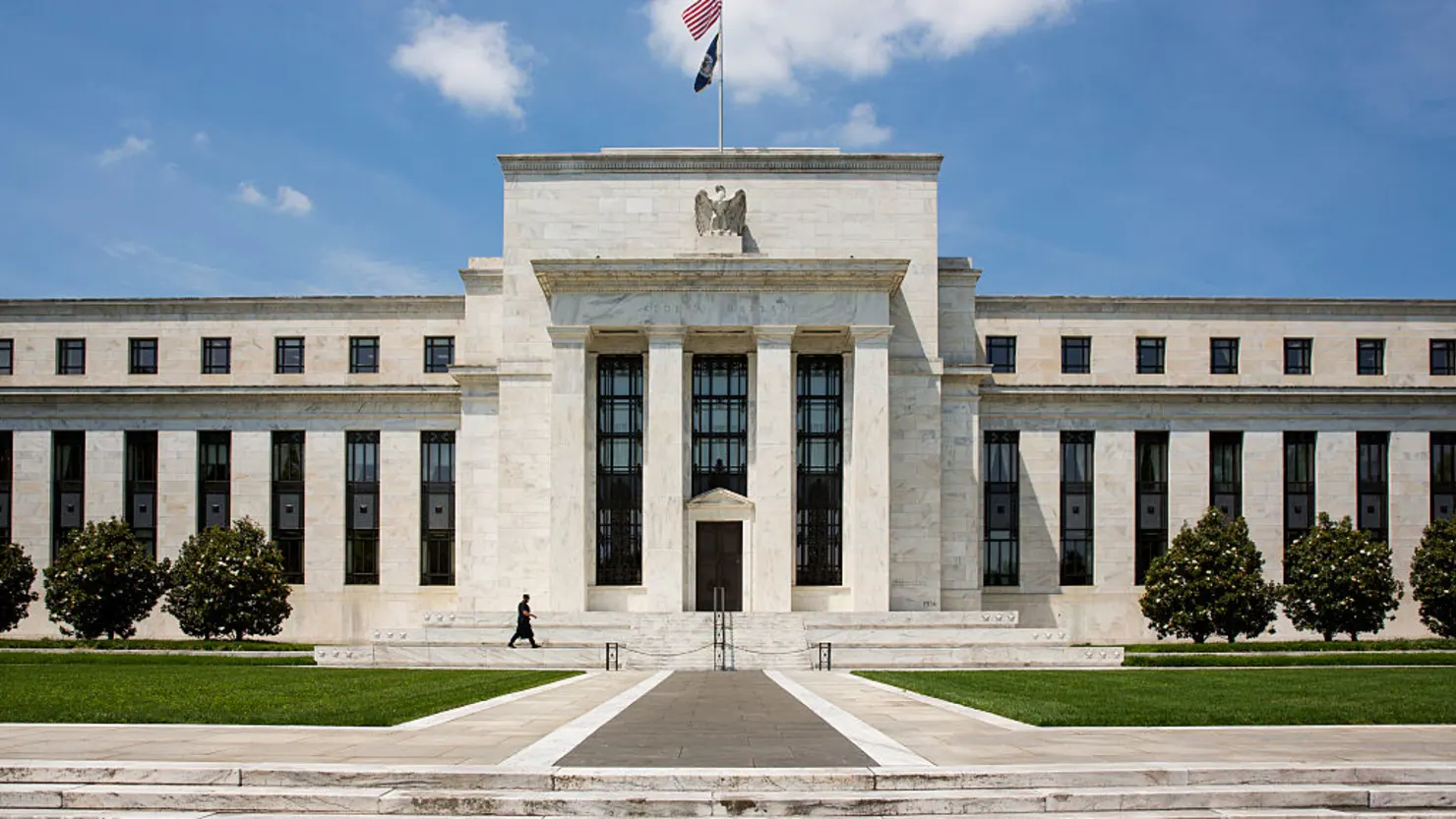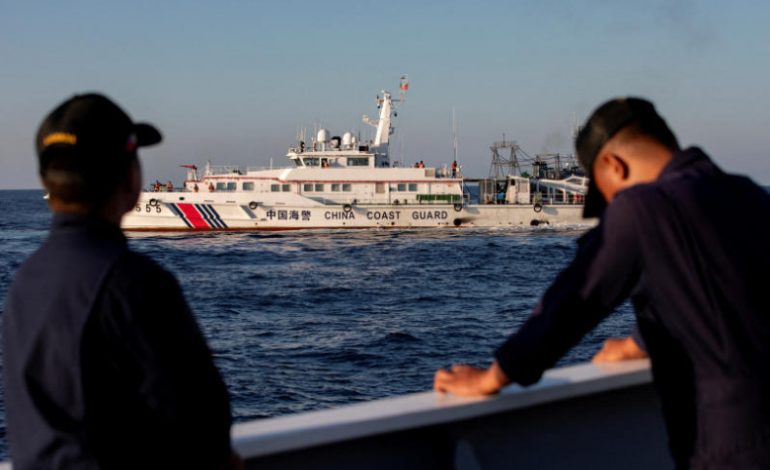The Philippines has lodged a formal diplomatic protest against China, citing continued “illegal” activities in the South China Sea, as tensions escalate in the disputed waterway, Bloomberg reports.
The move comes amid a flurry of diplomatic activity and heightened security concerns in the region.
Manila’s maritime council issued a statement on Monday, demanding that China direct its vessels to cease actions that violate the Philippines’ sovereign rights within its exclusive economic zone (EEZ). The council reported that the Philippine Coast Guard had challenged two China Coast Guard ships, including a massive 12,000-ton vessel known as the “Monster,” which were detected near the Scarborough Shoal and coastlines of Zambales province.
Alleged Provocative Actions by China
According to the Philippines, China further escalated the situation by deploying a People’s Liberation Army-Navy helicopter, which hovered over a Philippine Coast Guard vessel. Manila condemned this act as “provocative,” while Beijing has defended its actions as lawful and justified.
“China Coast Guard conducts its patrols and law-enforcement activities in relevant waters, which is lawful, justified and beyond reproach,” said Chinese Foreign Ministry spokesman Guo Jiakun during a press briefing in Beijing.
He also accused the Philippines of spreading “malicious remarks” and attempting to damage relations between China and other countries.
The Philippines maintains that China’s actions disregard both Philippine and international laws, as well as the principles of freedom of navigation and innocent passage. They have consistently challenged China’s expansive claims over the South China Sea, citing a 2016 international tribunal ruling that dismissed these claims in favor of Manila.
Strengthening Alliances, Regional Concerns
In response to China’s activities, the Philippines has strengthened its ties with both the United States and Japan for maritime security. This alliance was highlighted just hours before Manila’s protest was made public, as Philippine President Ferdinand Marcos Jr. held a virtual meeting with outgoing US President Joe Biden and Japan Prime Minister Shigeru Ishiba.
During the meeting, the three leaders discussed security, economic cooperation, and China’s “dangerous and unlawful” behavior in the South China Sea. The White House confirmed that the leaders agreed on the need to uphold the international rules-based order in the face of China’s growing assertiveness in the region.
Geopolitical Uncertainty
The future of these alliances, however, remains uncertain. With Donald Trump’s return to power later this month, geopolitical relationships are likely to be reshaped as Trump’s potential shift in foreign policy could impact the stability of the current US-Japan-Philippines alignment and the broader security dynamic in the South China Sea.

